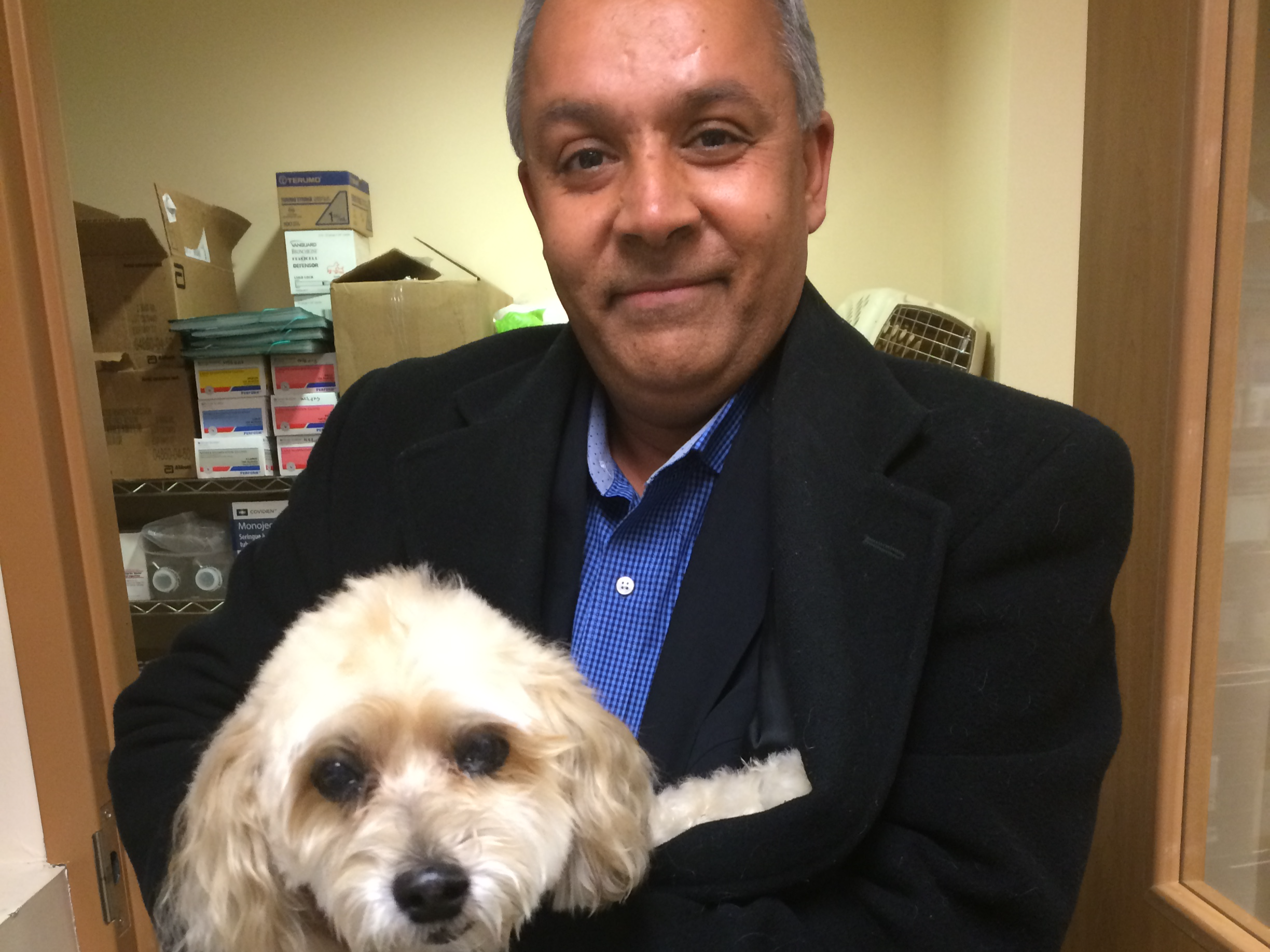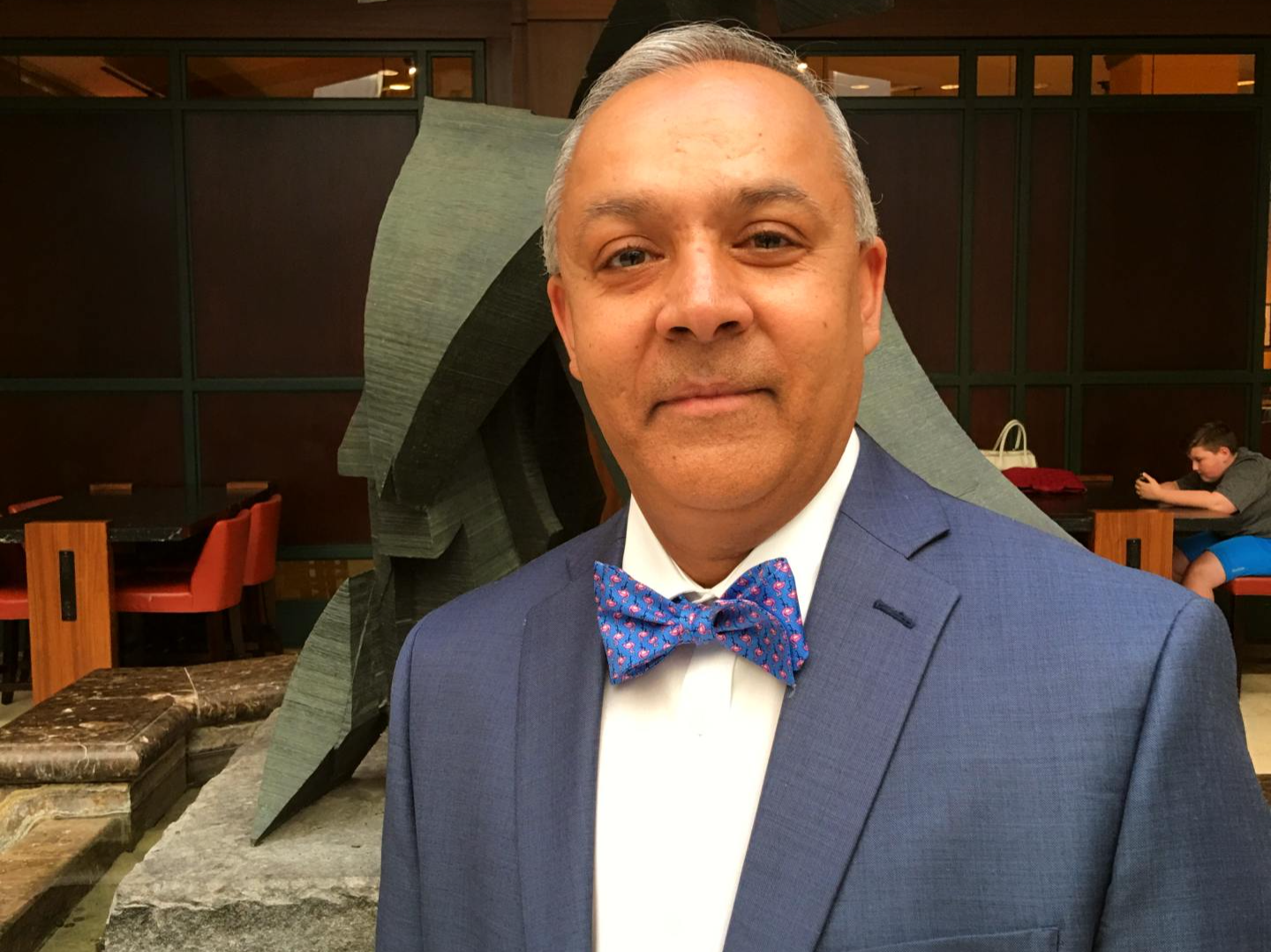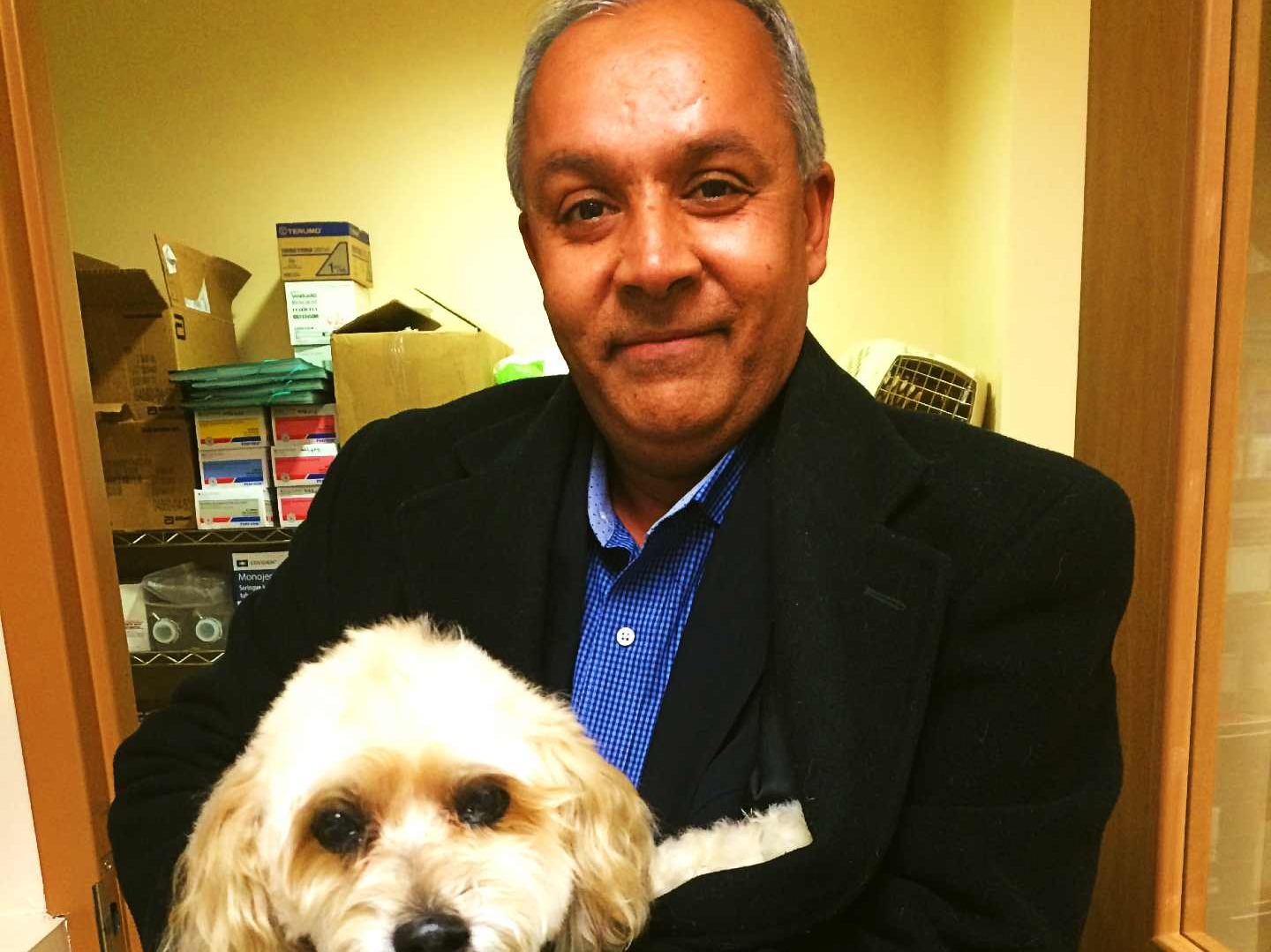
Orchestrating Dementia Care: The Professions Behind the Scenes
Published on: 09/19/2023
Dementia, a progressive cognitive disorder, poses unique challenges for those affected and their loved ones. Managing dementia requires a multifaceted approach, with a diverse team of professionals working together to provide comprehensive care and support, as described by Dr. Ashok J Bharucha. Here's a closer look at the professionals involved in dementia care:
Neurologists specialize in diagnosing and treating neurological disorders, making them vital in dementia diagnosis. Conversely, geriatricians focus on the healthcare needs of older adults and are well-equipped to address dementia in elderly patients.
Dementia often comes with behavioral and psychological symptoms such as depression, anxiety, and agitation. Psychiatrists are critical in managing these symptoms through medication and therapeutic interventions.
These professionals assess cognitive functioning and memory abilities through comprehensive evaluations. Their insights are instrumental in crafting tailored care plans and monitoring disease progression.
Communication difficulties are common in dementia. Speech therapists work with patients to improve communication skills, employing strategies like speech therapy and alternative communication methods.
Occupational therapists help dementia patients maintain or regain independence in their daily activities. They provide strategies and modifications to enhance patients' and caregivers' quality of life.
Social workers offer emotional and practical support to dementia patients and their families. They connect families to community resources and support groups and navigate the complex emotional challenges of caregiving.
Family members, friends, or professional caregivers provide hands-on care to individuals with dementia. They assist with daily tasks, administer medications, and offer companionship and emotional support.
Nurses in various settings, including hospitals, clinics, and long-term care facilities, play a central role in dementia care. They ensure medications are administered correctly, monitor patients' health, and provide compassionate care.
Physical therapists work with dementia patients to maintain physical mobility, strength, and balance. This helps reduce the risk of falls and enhances overall well-being.
Dementia can affect dietary habits. Nutritionists assess nutritional needs and create personalized meal plans to ensure patients receive proper nourishment and hydration.
Pharmacists are responsible for managing medication regimens for dementia patients, ensuring safe administration, and minimizing drug interactions and side effects.
In conclusion, dementia care is a collaborative effort involving a spectrum of professionals working harmoniously. These dedicated experts aim to improve the quality of life for individuals with dementia while providing crucial support and guidance to their families. As our comprehension of dementia continues to evolve, these professionals remain steadfast in their commitment to enhancing the lives of those affected by this challenging condition.








